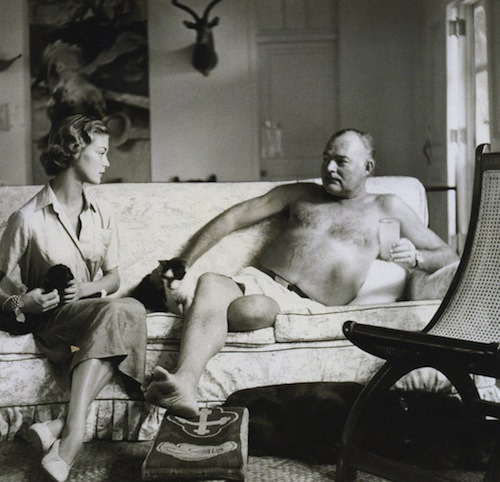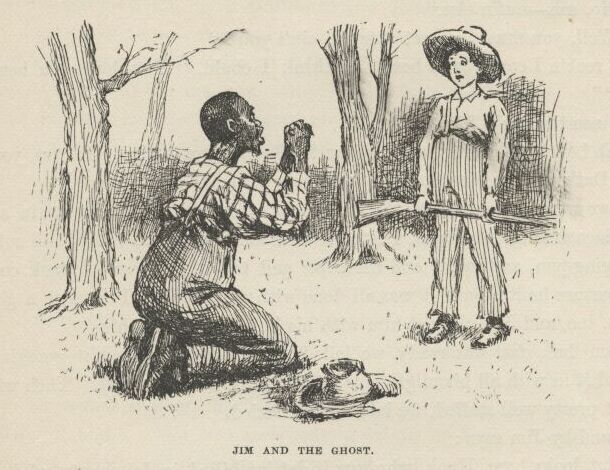 I will not say the old adage is moot, but cover design has become pretty central to the book experience. This is especially the case when it comes to browsing shelves for your next read.
I will not say the old adage is moot, but cover design has become pretty central to the book experience. This is especially the case when it comes to browsing shelves for your next read.
The Book Cover Archive shows off how book makers try to catch readers attention. The site is a huge, searchable database that celebrates the best and brightest of cover design industry right now.
As a design-freak, I love sites like this. It makes my eyes greedy and my soul a little jealous (Wouldn’t it be fun to make art like that all the time?).
 In a perfect world, libraries would be able to constantly update book covers to keep up with design trends. Realistically, it’d be impossible.
In a perfect world, libraries would be able to constantly update book covers to keep up with design trends. Realistically, it’d be impossible.
Online, though, it’s different. Online catalogue records could reflect newer designs for covers of older books. This can help breathe new life into editions passed over by browsers as dated. It’s an easy way to capitalize on marketing trends and cash in on the cues readers expect from book covers.
In the graphic designer part of my life, I’ve had some practical experience in the book cover field. Pretty nice, right? The poetry inside is good, too.
Pretty nice, right? The poetry inside is good, too.





